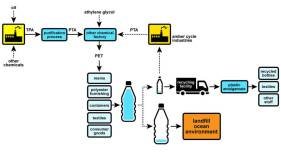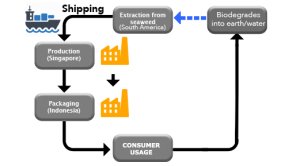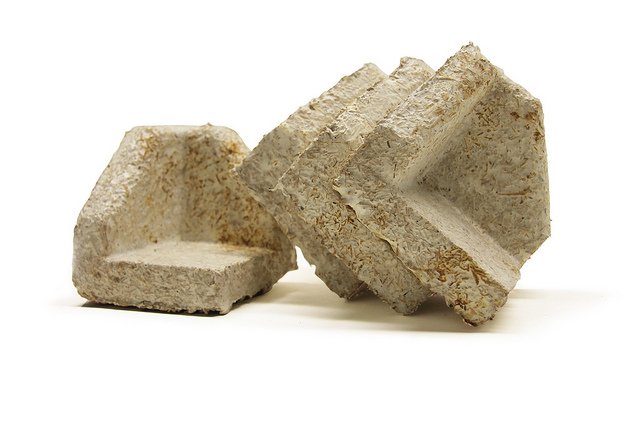Staying abreast of market trends is crucial for any business to succeed, and thanks to millennials’ interest in eco-friendly living the latest innovations in the packaging industry have all got a sustainable edge. Today it’s been discovered in a survey by Cone Communications that 9 out of 10 millennials would switch brands to one associated with social or environmental issues. So, in order to keep this new wave of customers happy what sustainable packaging products can be adopted?
Customers want to see sustainable information
Today, customers prioritize sustainability and The A.P.P discovered in a recent study just how many of us are looking for transparency in packaging products.
- 57% would like to see whether the packaging is derived from recyclable materials.
- 43% would like to see if the packaging is made from renewable sources.
- 25% of Americans want to know if the packaging material is made from deforestation-free sources.
What packaging materials are sustainable?
There are many products businesses can adopt with ease that can help with their carbon footprint, and many are already utilizing these without knowing of their benefits.
Inflatable Plastic Packaging
Plastic has been a firm favourite in the packaging industry for years, thanks to its lightweight and durable nature. However, with one plastic bag taking 20-1000 years to decompose there’s a huge need for sustainable alternatives.
Thanks to technological innovation, protective plastics are now able to be recycled. Airpack packaging systems offer inflatable plastic packaging which is 100% recyclable. What’s more, unlike bubble wrap, which when delivered in bulk is cumbersome, this inflatable packaging is delivered flat, and is inflated by the user. This has a positive impact on the earth as more of the product can be delivered in one shipment, reducing carbon emissions from multiple deliveries.
Seaweed Packaging
Plastic is the one material that we love to use in packaging, but unlike glass and paper it cannot be recycled indefinitely. However, innovation is constant and there are new products being invented that act like plastic, but can be disposed of in a completely natural way; Agar is derived from red seaweed and dissolves in boiling water. Since the product is derived from the ocean, it causes no harm when it disposed of it there, unlike traditional plastic. In the future this is looking to replace traditional plastic bags.


Styrofoam Alternatives
Polystyrene or Styrofoam is a heat resistant packaging material that also resists composing. It’s often seen in food containers and as a void filler in the packaging industry. However, when left in landfills this product leaks toxins into the earth for thousands of years damaging the environment. This product is well-known for breaking into small pieces and endangering wildlife and polluting the earth with the emissions used in its manufacture.
Mushroom Packaging
Industry giants are trailblazing with sustainability, and tech company Dell are no exception. Their commitment to the environment can be seen in their adoption of “mushroom packaging”. This product is innovational, biodegradable plastic-like technology created by EcoActive. The material is manufactured naturally by feeding mushroom roots known as “mycelium” agricultural waste. The material has similar properties to Styrofoam but is completely recyclable and doesn’t hold the same the negative environmental impacts.

Photo by mycobond via flickr used under the Attribution-ShareAlike 2.0 Generic
Nuts about Sustainability
Packaging innovations grow each year, and the latest sustainable trend is to use waste materials that would typically be incinerated to create new products. Confectionary company Ferrero use 70,000 hazelnuts a year, and with that comes waste hazelnut shells. The hazelnuts shells are treated to eliminate their allergenic properties, milled and repurposed as paperboard to be used in Ferrero’s packaging. This packaging is still in the development stages, but these innovative ideas give us a glimpse of the future of sustainability.
Sustainable Options for Small Businesses
Of course, seaweed, mushroom packaging and the development of by-product waste packaging is only available for industries that have large budgets to spend on their packaging solutions, but smaller companies can adopt materials such as loose fill chips, inflatable packaging and recycled cardboard boxes in a bid to lower their environmental impact. What’s more, investing in recycled products in bulk can cost less than virgin alternatives.
Adopting sustainable options early can impact greatly on the planet and your brand’s PR, consumers are becoming far more eco-savvy with 52% of consumers in a Neilson survey saying their decision to buy is influenced by to the social responsibility of the company.